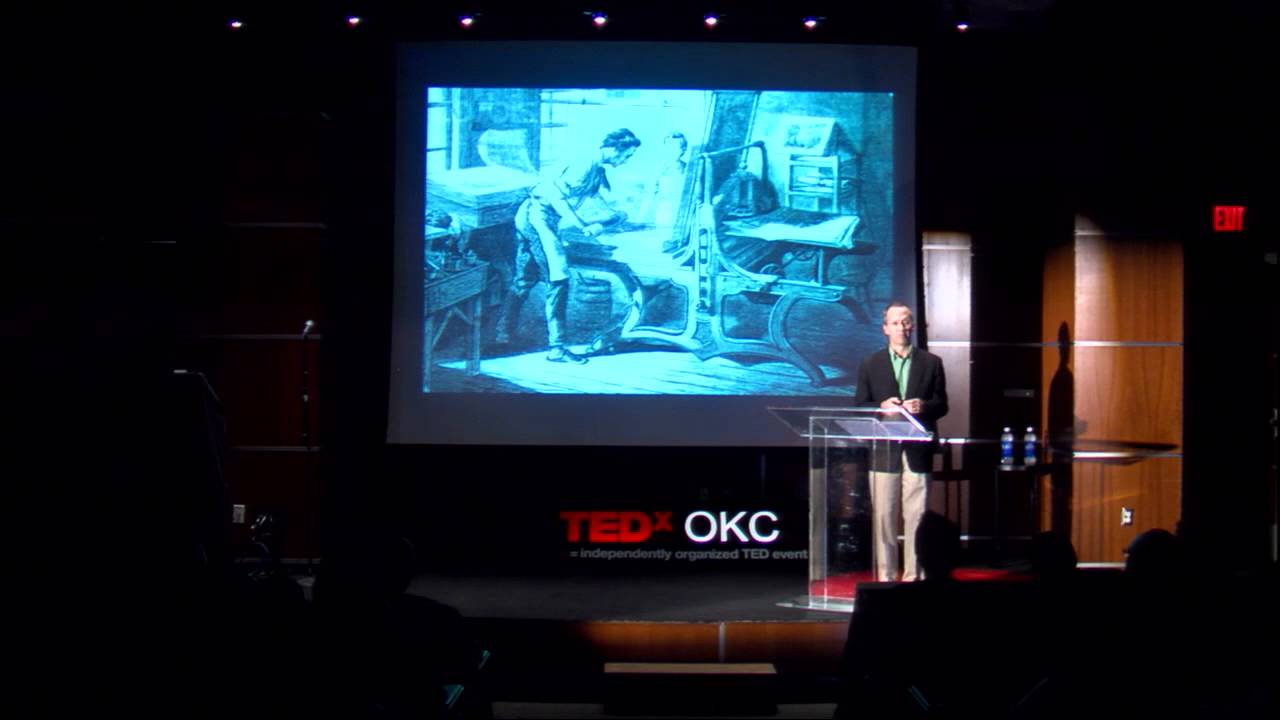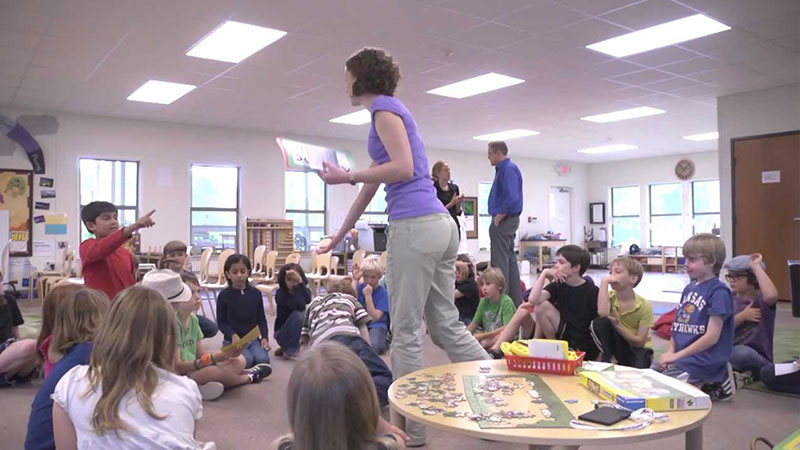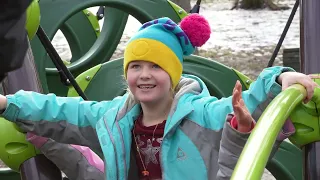
Art at Acton
We had our first art special at Acton. It was a lot of fun! Since we are “building the tribe,” children worked on individual pieces as well as a collaborative piece where they wove yarn, beads and found objects into burlap. This was a new skill for many heroes, and they found it fascinating and satisfying. One child took great pleasure in creating an organized weaving on one side of the burlap, and a mess of knots on the other.
Our art specialist, Lauren Craig, recently opened a studio in Middleton offering classes and camps to children. You can check out her website at Rock, Paper, Scissors which is focused on process art. Process art has many benefits including fostering confidence and embracing failure. Process art helps children learn there is no “right” answer in artistic endeavors and that everybody is creative.
Athletics:
We love thematic learning. In December our quest will be “Acton Athens.” In the spirit of ancient Greece, Kathryn is introducing the children to various winter Olympic sports. This week they learned about the biathlon by sprinting and pausing to shoot nerf guns at a target. The plan is to introduce them to a number of sports, and in December they will plan and play in the school-wide Acton Winter Olympics!
Acton Outdoors:
With the bigger group we have this year, and younger heroes who spend more time on their lunches, we expanding lunch and outdoor time to 1.5 hours total. This week, the children picnicked outdoors before embarking on a nature color wheel project in the UW-arboretum.
One challenge we’ve had is on the playground where there are no boundaries for playing (e.g. no fence). To support safe free play, we have challenged both our guides and heroes to create processes and systems for keeping each other safe. For instance, older heroes can now serve as “Creek Leaders” and lead Creek expeditions with the younger children while others play on the playground. We are also developing a whistle system to alert heroes to “come back to base” if there is ever an emergency.
The children are thrilled to have leadership opportunities and collaborate with guides on ways to make outdoor time fun and safe for all ages at our school. Servant leadership is a core value at Acton!
Talking with your hero(es) about their week at Acton:
During this second week, the heroes continued “building their tribe,” and learning Acton systems and processes:
- What is a character callout?
- What’s a S.M.A.R.T. goal? What is one S.M.A.R.T. goal you set for yourself this week?
- Whose birthday was it and how did you celebrate?
- What are freedom levels?
- What is box breathing?
- How’s the studio contract coming along?
- What’s a nature color wheel?
- What do running partners do?
- What’s your favorite part of core skills?












































